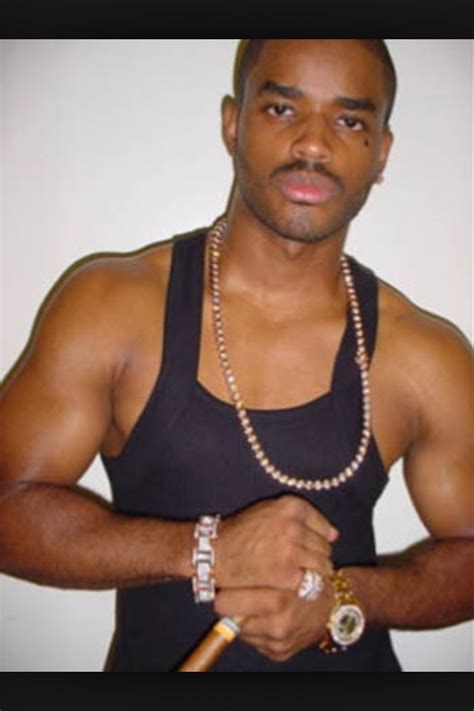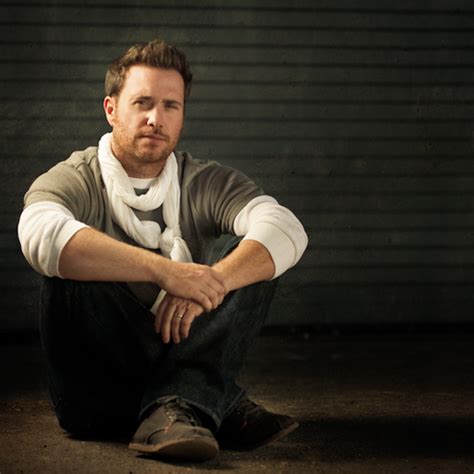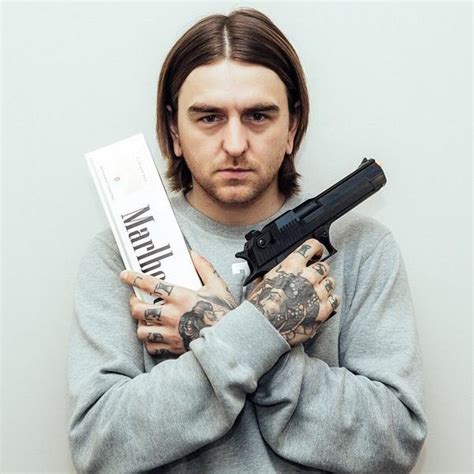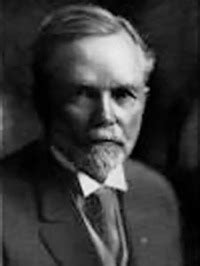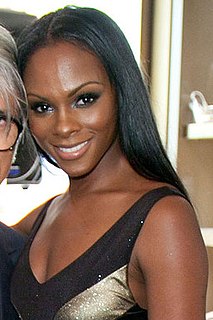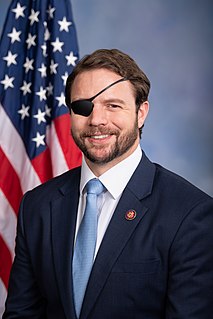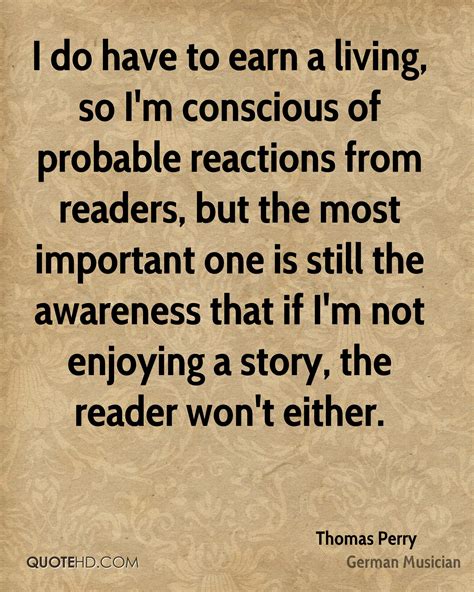A Quote by Justin Simien
One of the most powerful lessons I learned is when you make an argument in a film, you have to make sure both characters are right.
Related Quotes
The notion that somehow or another they'll (Iran) put it in a picnic basket and hand it to some terrorist group is merely an argument that may be convincing to some people who don't know anything about nuclear weapons. I don't find that argument very credible, I'm not sure that people who make it even believe in it. But it's a good argument to make if you have no other argument to make. The fact of the matter is, Iran has been around for 3000 years, and that is not a symptom of a suicidal instinct.



